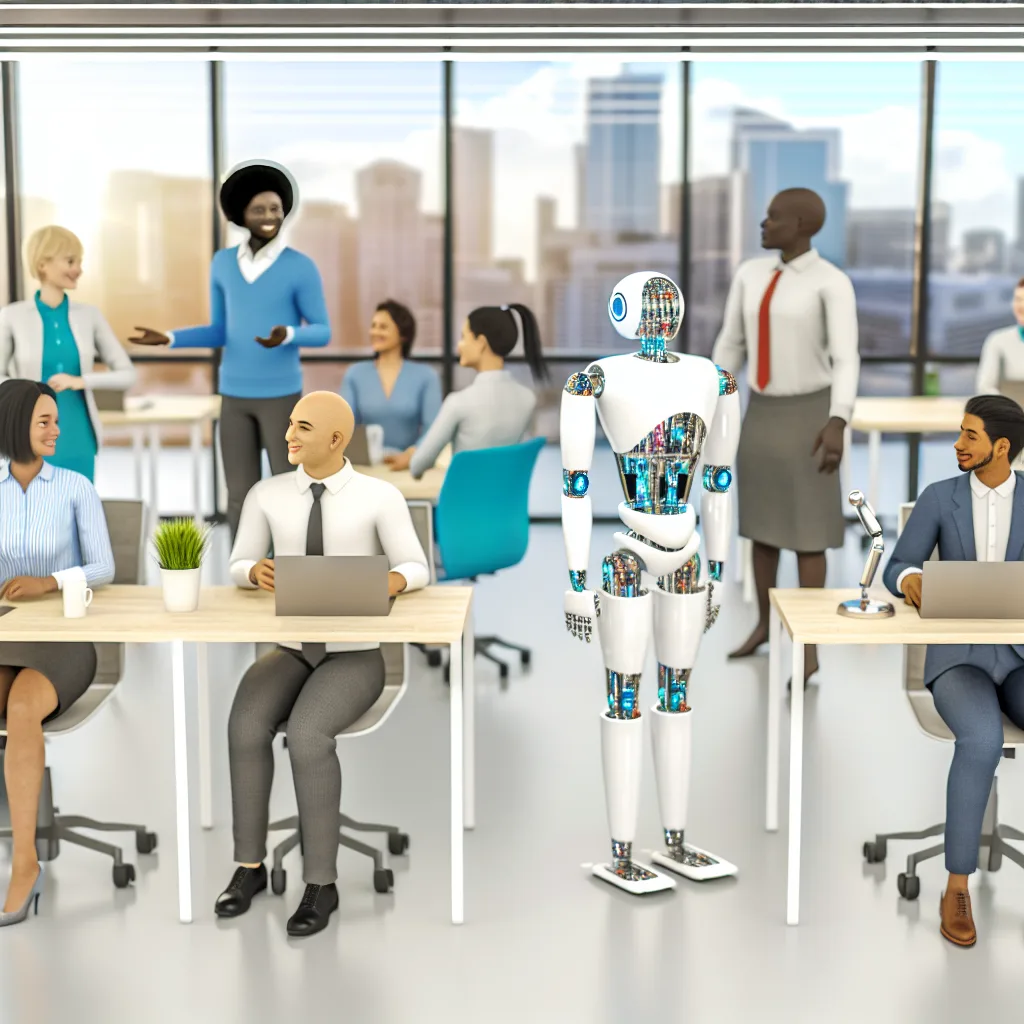Exploring the future of work as AI reshapes job opportunities around the world.
We’ve all heard the big questions: Will AI reduce global job opportunities or will it actually create new kinds of work that we haven’t even imagined yet? Over the past few years, AI has been gradually changing how we work. It’s making some jobs less relevant while opening the door to new roles that require different, sometimes more advanced, skills.
The truth is, the future of AI job opportunities isn’t black and white. Economists and experts don’t fully agree on whether AI will cause widespread unemployment or generate exciting new career paths. What we do know is this: AI automation will definitely reshape the labor market in ways we need to be ready for.
What’s Happening to Jobs Right Now?
Some jobs are disappearing because machines can do them faster or cheaper. Routine tasks, like data entry or basic manufacturing jobs, are examples. But at the same time, new roles are coming up — jobs focused on managing, improving, and working alongside AI. These require creativity, empathy, problem-solving, and technical know-how.
So, instead of just losing jobs, we’re seeing a change in what jobs look like. This is what I find really interesting about AI job opportunities: they’re not just vanishing; they’re evolving. It’s about moving from manual, repetitive roles to those that demand uniquely human skills.
How Should Workers Adapt?
To keep up with AI job opportunities, workers should focus on upskilling. Learning new tech skills and improving soft skills like communication and teamwork is key. It’s also important to be open to collaborating with AI rather than fearing it. When AI is viewed as a tool to boost productivity, it becomes a partner instead of a competitor.
If you’re wondering how to start, think about skills that are hard to automate — creativity, leadership, emotional intelligence. Industries like healthcare, education, and advanced tech development are likely to add more jobs instead of cutting them.
What’s the Role of Policymakers?
Governments and leaders need to help workers transition smoothly. This means investing in education, offering retraining programs, and creating social safety nets. It’s a big challenge but necessary to make sure AI job opportunities benefit everyone, not just a small group.
Looking Ahead
AI job opportunities will keep shifting, and the key is preparation. Embracing change, continuous learning, and working alongside AI are the best ways to stay relevant. It’s not that AI will simply take jobs away; it might just change the game of work entirely.
For those interested in diving deeper, check out resources on AI’s impact on the workplace from the World Economic Forum and research on future jobs from McKinsey & Company.
In the end, the story of AI job opportunities is still being written. We all have a role to play in shaping it — whether as workers, educators, or leaders.
